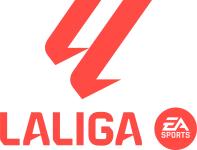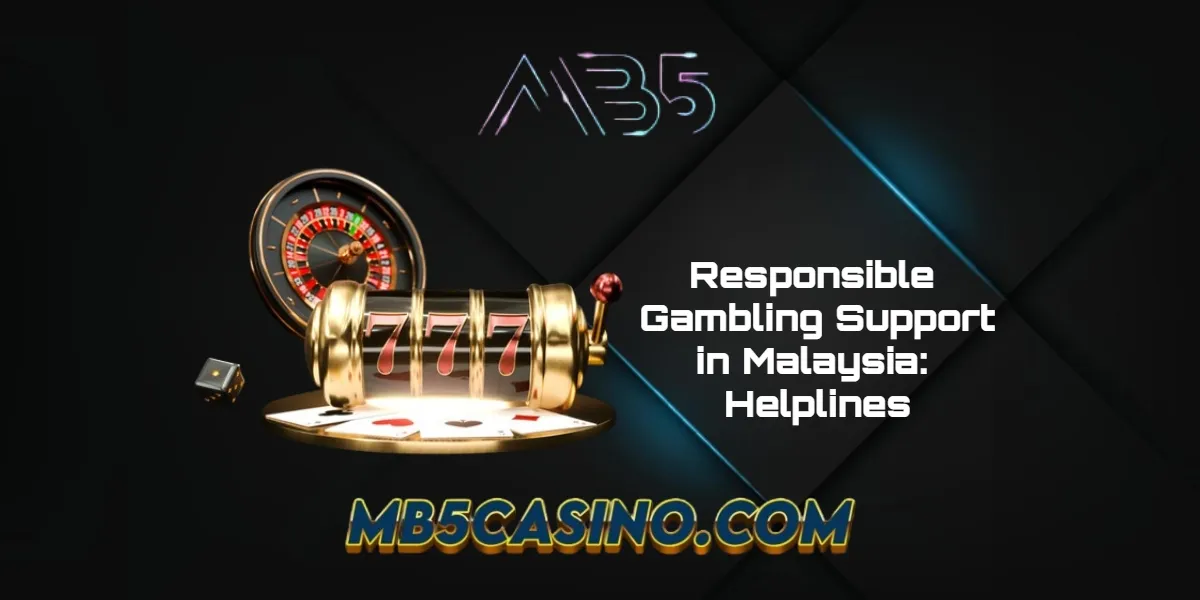While gambling is largely prohibited in Malaysia, the thriving offshore MB5 trusted online casino in Malaysia market has led to significant social and financial harm from compulsive gambling. Since Malaysia lacks a single dedicated national gambling helpline, essential support is channeled through a crucial network of existing mental health debt management and community support organizations. These resources serve as a vital lifeline for individuals struggling with gambling addiction and their affected family members.
Where can I find resources and support for responsible gambling in Malaysia
The structure for responsible gambling support in Malaysia is not centralized. Instead, help is integrated into broader public and private services. Anyone seeking assistance must understand which general service providers can address their specific addiction needs. The support system relies on three main pillars.
Pillar One: Mental Health and Crisis Helplines
These hotlines are often the first point of contact for individuals experiencing crisis suicidal thoughts or intense emotional distress due to gambling losses. They provide immediate confidential emotional support. MIASA Crisis Helpline provides twenty four seven free confidential support for mental health crises including emotional support and referrals for addictions. The Malaysian Mental Health Association MMHA offers support and information for general mental health issues since gambling addiction often co-occurs with depression and anxiety. Talian Kasih the government's social welfare hotline provides a broader range of support including counselling for family conflicts and general welfare issues stemming from addiction. The anonymity provided by these helplines is vital given the strong religious and social stigma surrounding gambling in Malaysia.
Pillar Two: Financial and Debt Management
The financial devastation caused by gambling is often the most urgent problem. Addressing massive debt is a critical first step toward psychological recovery. Agensi Kaunseling dan Pengurusan Kredit AKPK established by the Central Bank of Malaysia is a crucial lifeline for problem gamblers struggling with debt. Through its Debt Management Programme DMP AKPK helps individuals restructure unsecured debts like credit cards and personal loans with participating banks. This relief from creditor pressure is essential for freeing up the mental energy needed for addiction treatment. The agency also offers free financial counselling budgeting advice and money management skills tools vital for preventing a gambling relapse.
Pillar Three: Specialised Treatment and Rehabilitation
For severe long-term compulsive gambling behaviors more intensive structured therapy is necessary. Treatment in Malaysia is typically offered by private centers specializing in behavioral addictions. Cognitive Behavioral Therapy CBT is the most common and effective therapeutic approach focusing on identifying and changing the distorted thought patterns that fuel the gambling cycle. Private centres such as Solace Asia offer residential treatment allowing the individual to step away completely from their environment and triggers to focus entirely on recovery through a holistic program. Relapse prevention is taught to help clients identify personal triggers manage intense urges and establish a strong support network for maintaining sobriety long-term.
The Role of Community and Self-Help Groups
Beyond professional therapy community-based mutual-aid support groups are an essential free resource for sustained recovery. Informal and established Gamblers Anonymous GA groups operate across Malaysia using the twelve step model which emphasizes shared experience and mutual support. This non-judgmental peer-led atmosphere is fundamental for overcoming the isolation and shame associated with addiction. Support groups for affected family members also provide a safe space for relatives to address their own emotional trauma financial stress and broken trust focusing on their recovery regardless of the gambler has committed to treatment. The most important first step toward recovery is breaking the silence and reaching out to a confidential helpline to begin the process.








































